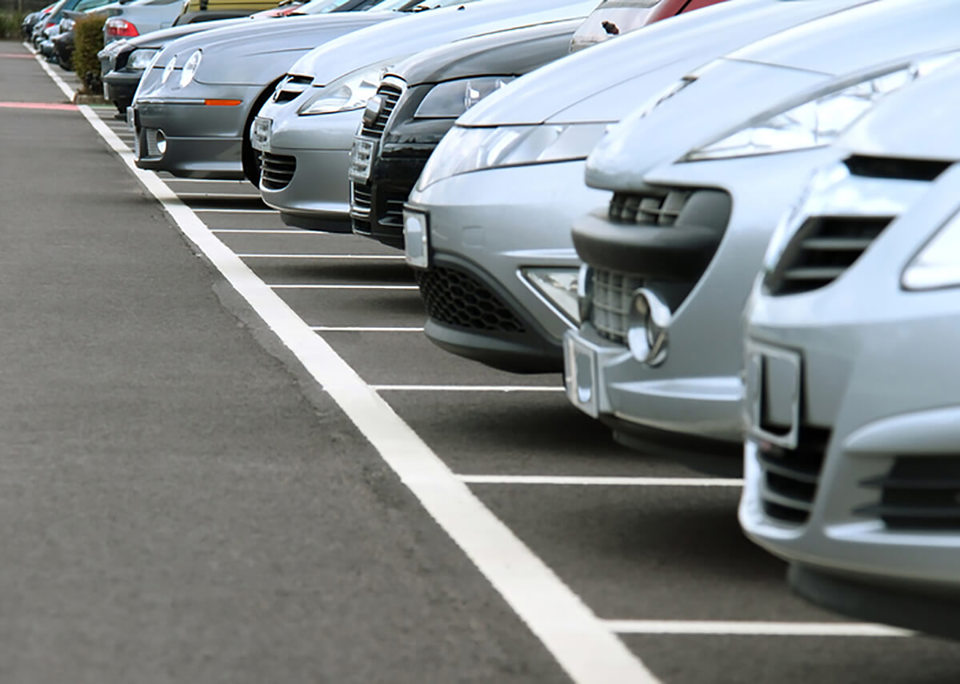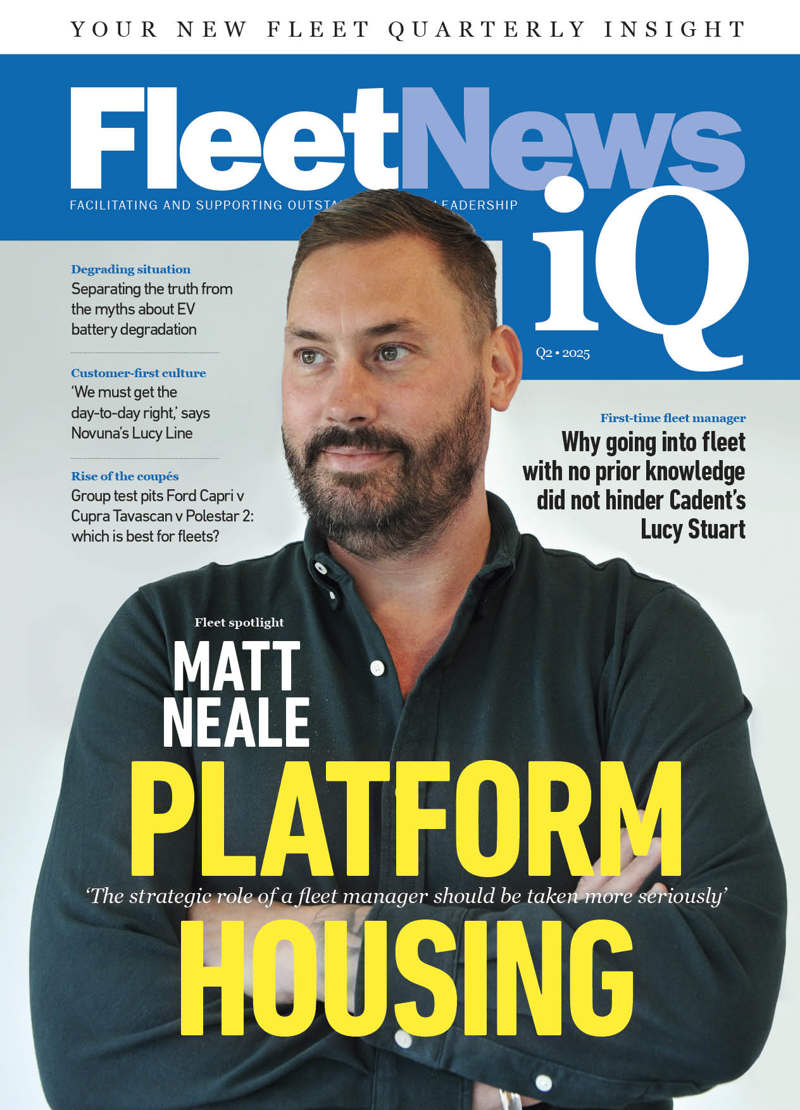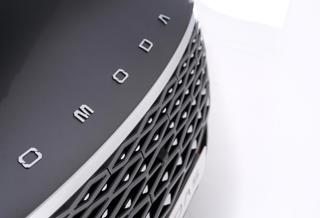Almost half of the employers offering car allowances do not know how the money is being spent, raising concerns over the condition of grey fleet vehicles.
Salary sacrifice provider Tusker says, without visibility, employers cannot guarantee vehicles are roadworthy, properly insured or aligned with environmental goals.
In its Driving Loyalty Through Electric Cars report, the company highlights that 30% of employers say only a few employees use car allowances to fund a car.
Cheryl Clements, head of business development at Tusker, said: “When employees drive for work, whether in a company vehicle or their own, employers have a clear legal duty to manage that risk. Too often, basics like insurance, licence checks, and vehicle condition fall through the cracks. Taking a more structured approach helps organisations stay compliant, protect their people and make smarter decisions about how business travel is managed.”
Read more about Grey Fleet best practice, here.
More employers are now turning to structured car schemes to replace these ad-hoc allowances, according to Tusker. Salary sacrifice schemes, particularly for electric vehicles, offer fixed monthly costs, tax and National Insurance efficiencies, and greater control. In fact, 38% of employers say NI savings are a key driver for adopting such schemes, and 47% reinvest those savings back into their organisation or benefits packages.
“As grey fleet costs rise and pressure grows to meet climate targets, employers need better tools to manage business travel. Salary sacrifice provides that structure. It’s transparent, predictable and genuinely benefits both employer and employee,” added Clements.
More than 80% of businesses rely on grey fleet – employees driving their own vehicles for work travel including attending meetings, client visits or for deliveries, accroding to a stdu by Europcar.






















Login to comment
Comments
No comments have been made yet.